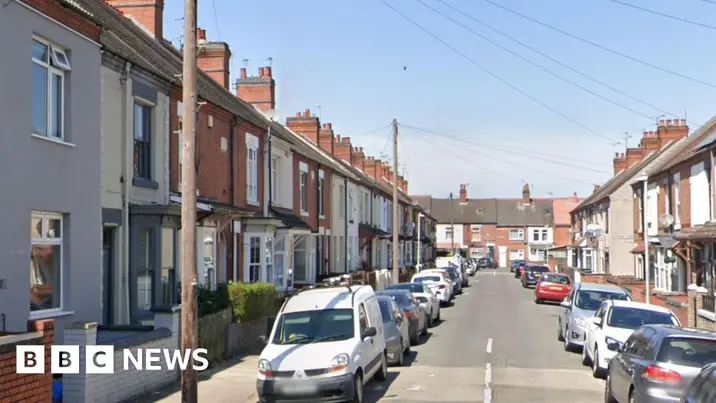T4K3.news
UK police guidelines on suspect ethnicity
Plans to reveal ethnicity and nationality in high‑profile cases face criticism over potential harm and misuse, as police balance transparency with community safety.

Guidelines to reveal suspects ethnicity aim to counter misinformation but critics warn of unintended harm.
Plans for UK police to reveal suspects' ethnicity draw concern from rights groups
Britain's National Police Chiefs Council released guidelines that encourage forces to disclose the race and nationality of those charged in high‑profile cases. The move, supported by home secretary Yvette Cooper, is meant to counter misinformation spread on social media after last summer’s Southport murders, where rumours about the killer’s nationality and asylum status inflamed unrest. Decisions about what to disclose remain with individual police forces, with immigration status verified by the Home Office, and authorities say disclosures will be made where it serves the public interest.
The guidance arrives amid a broader debate about transparency and the risks of stigmatizing suspects. Police say the policy is a measured response to misinformation, while critics warn it could turn ethnicity into a policing variable and fuel xenophobia. Campaigners point to cases where information sharing failed to quell rumours and argue that blanket disclosures could backfire. Notably, the policy allows discretion and consultation with police and agencies, and not every case will see ethnicity released; officers still face legal and ethical considerations in each instance.
Key Takeaways
"Releasing the ethnicity of everyone suspected of serious crimes will fuel mistrust"
Enny Choudhury on the policy
"Conspiracy theorists are rarely satisfied by official announcements"
Peter Herbert on misinformation risk
"There will be an expectation for police to release information on every single occasion"
Dal Babu on unintended consequences
"The justice system should unite communities in pursuit of justice"
Enny Choudhury on fairness
The policy sits at a sharp junction of public information and social risk. On one hand, it promises clarity that counters online misinfo and preserves public trust when facts are scarce. On the other, it risks normalizing racial labeling and giving fuel to conspiracy theories that thrive on identity categories. In a country with a long history of debates over policing and race, officials must balance accountability with the protection of vulnerable communities. The debate will test whether transparency can coexist with restraint, or if public debate will be dominated by dog‑whistle narratives.
Highlights
- Releasing the ethnicity of everyone suspected of serious crimes will fuel mistrust
- Open tagging ethnicity opens a dangerous door to xenophobia
- There will be an expectation for police to release information every time
- The justice system should unite communities in pursuit of justice
Risk of dog whistle politics and racial profiling
Disclosing ethnicity and immigration status in high‑profile cases could fuel prejudice, deepen divisions, and invite online harassment or conspiracy theories, undermining social cohesion even as it seeks to counter misinformation.
Public trust will hinge on how clearly and carefully these details are used in practice.
Enjoyed this? Let your friends know!
Related News

Policy on suspect ethnicity under debate

Calls for police to release suspects' immigration status grow

Home secretary proposes changes to police suspect disclosure rules

Police will share suspects ethnicity and nationality

Police guidance on ethnicity and migration status

Two men charged over alleged rape of a 12-year-old girl

Warwickshire Police responds to rape allegation claims

Police set new rules on releasing suspects nationality and ethnicity
